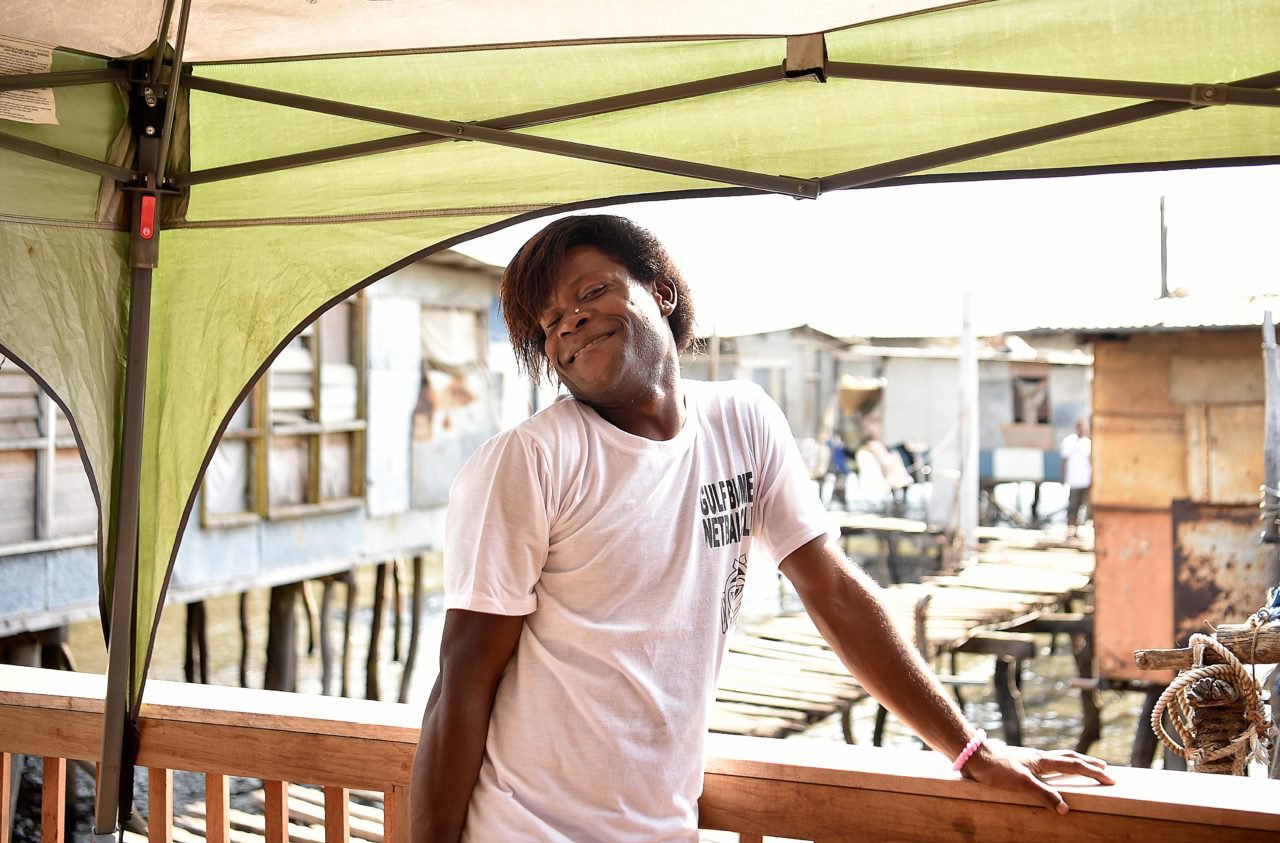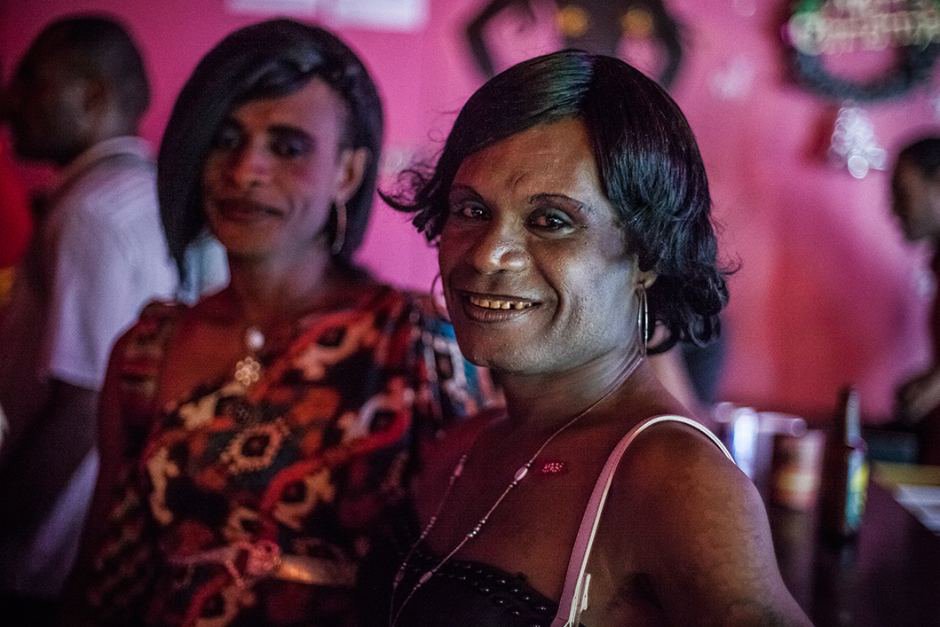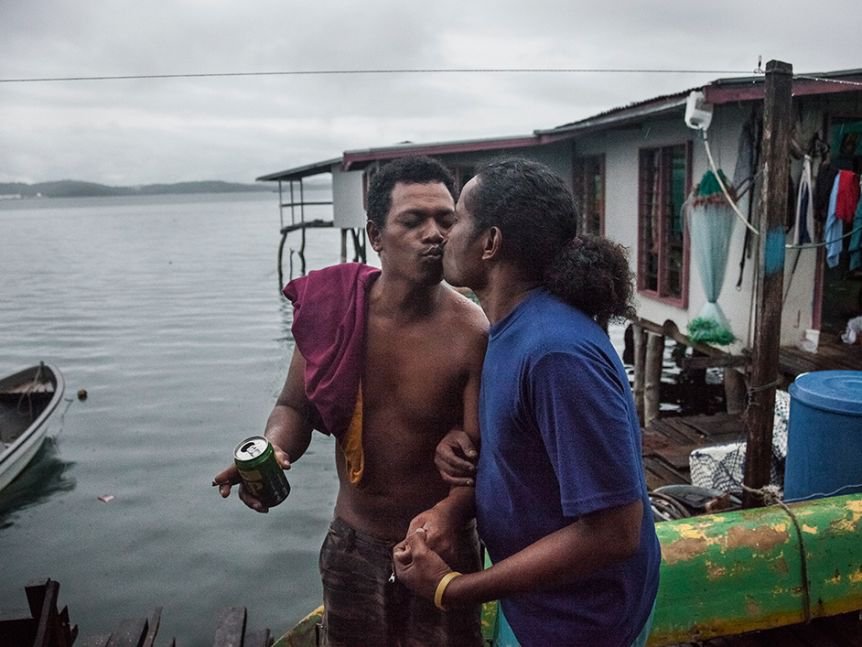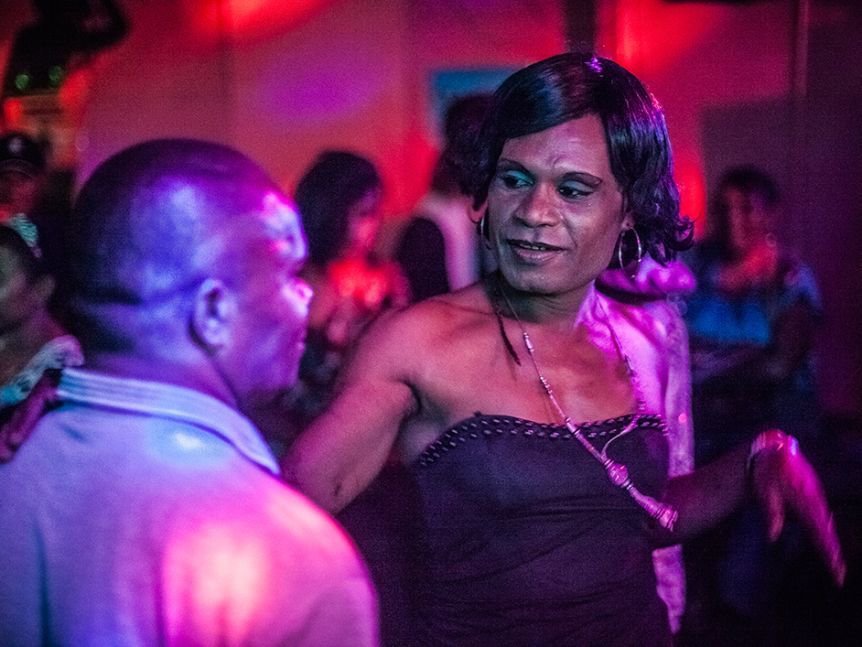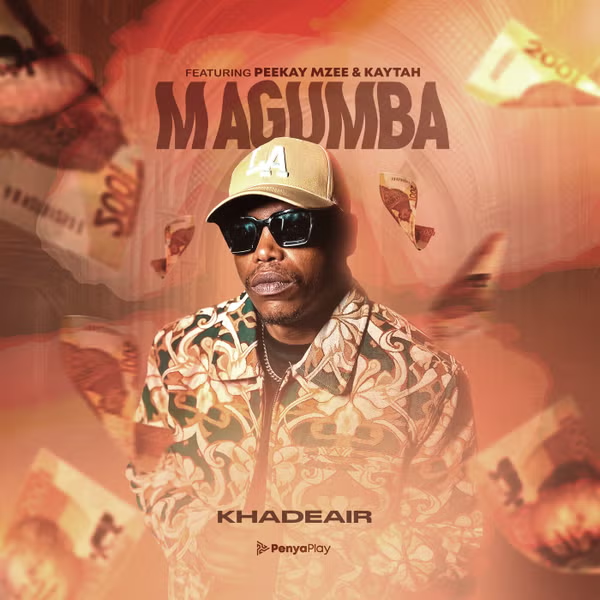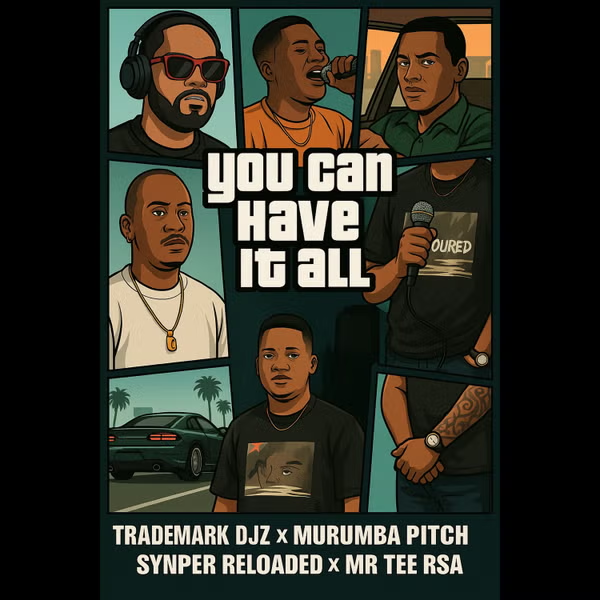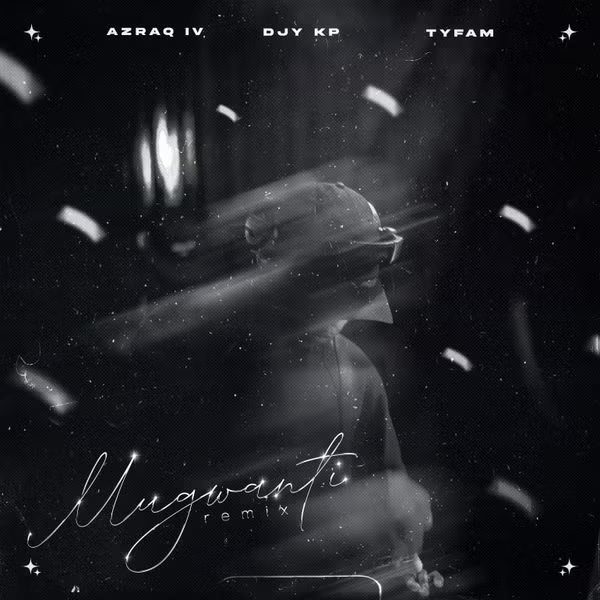As an openly gay man in Papua New Guinea, where s*x between men is illegal and stigma and violence widespread, 24-year-old Kapera Patrick remembers thugs pelting him with abuse, stones and bottles.
His life changed when he was taken in by a family in Hanuabada, a settlement in Port Moresby that has become a haven of tolerance, offering sanctuary for dozens in a gay community that is gradually coming out of hiding.
A ramshackle collection of thousands of dwellings built on stilts over the water and connected by rickety and treacher
ous wooden planks, Hanuabada is a world away from the sanitised districts of the capital that recently played host to Asia-Pacific leaders.
The sprawling settlement, whose name means “big village” in the local Motu language, was built over the sea as locals believe the water protects them from sorcery coming down from the mountains.
A caged pig squats outside many of the huts — for meat or barter — and naked children at play squeal with delight as they skip expertly on the narrow and often broken planks that serve as
the village’s “streets”.
Home to as many as 50,000, Hanuabada has become synonymous with a small but thriving gay, lesbian and transgender community that has flocked here as word spread that they would be safe.
“I used to live in a place called Joyce Bay and I got abused. They threw bottles at me, stones at me. And then I heard about this place. I came here and the family brought me in and accepted me,” says Patrick, who does informal jobs to get by.
Hanuabada is “a very fr
ee place and the people know me. They don’t abuse me. I’ve been accepted for my s*xuality,” he told AFP, speaking through an interpreter in his native Pidgin. Now the only “abuse” Patrick gets is affectionate and good-natured.


